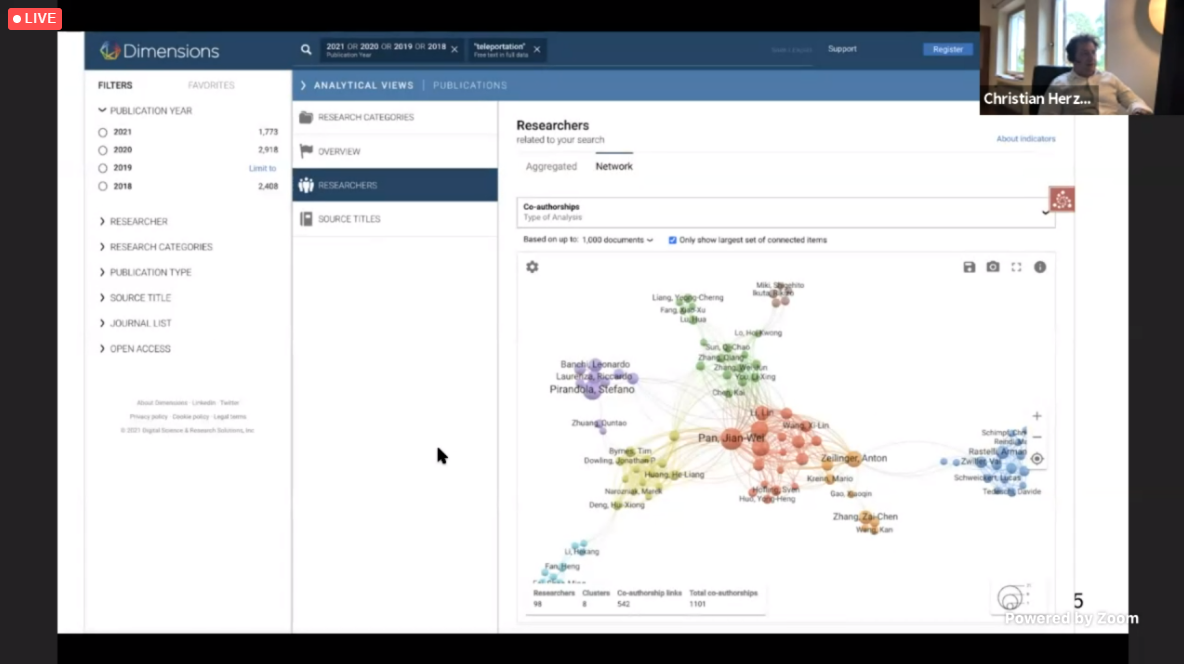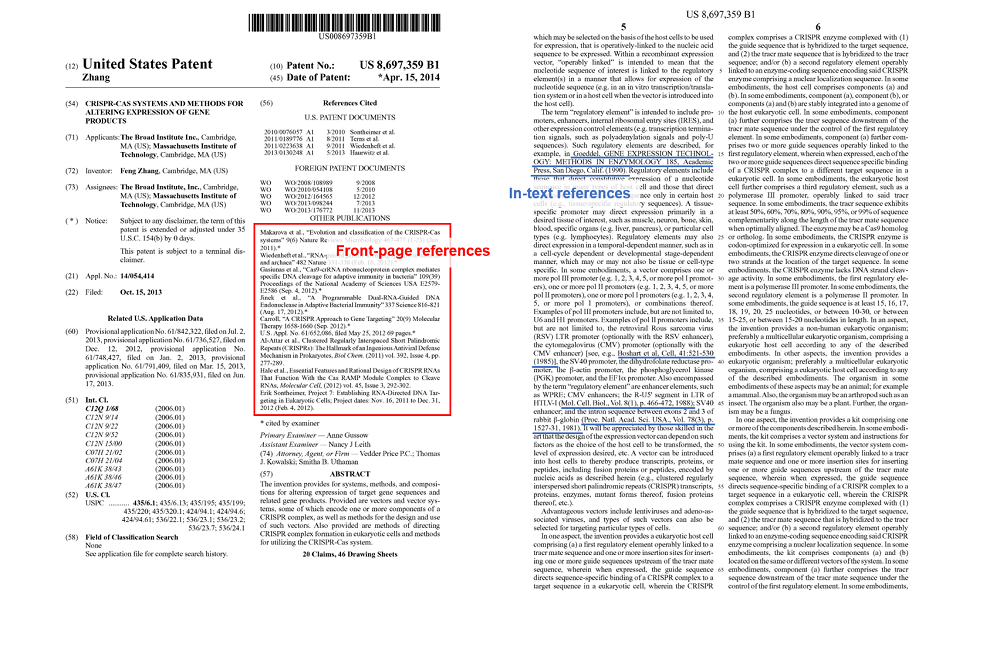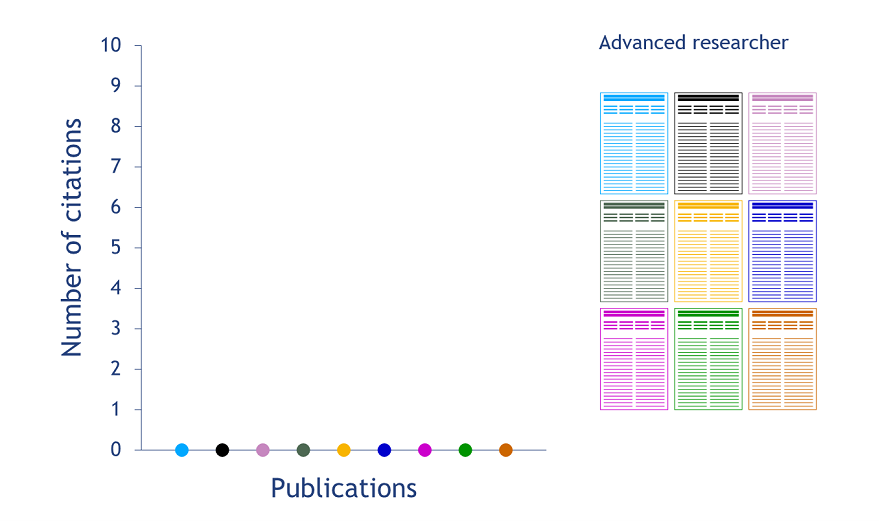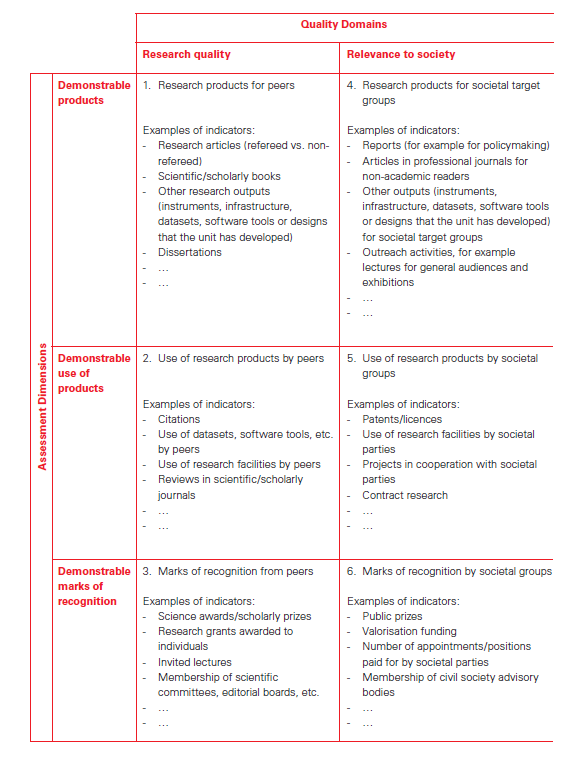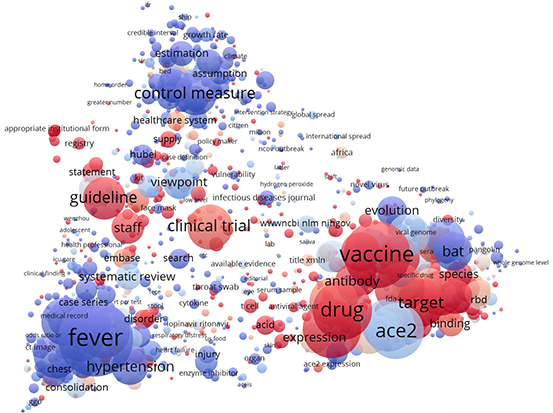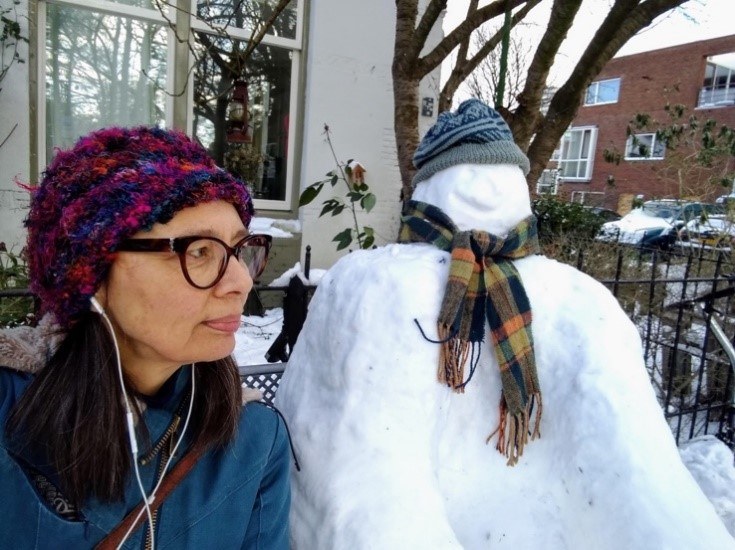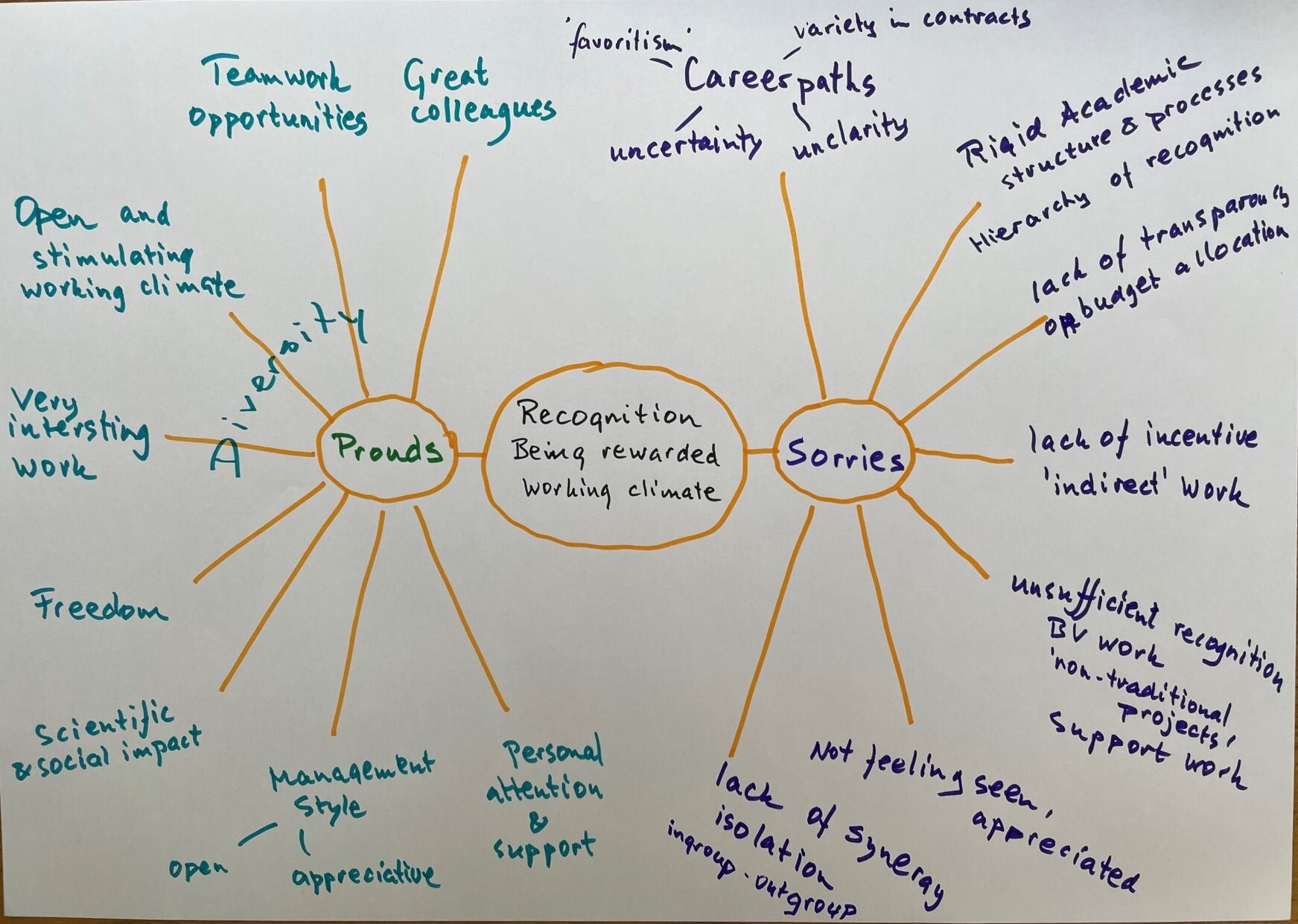
At CWTS, we have substantial expertise in research evaluation, including academic careers, institutional evaluation, journal evaluation, university rankings, responsibility and engagement, and open science. We regularly reach out to share our knowledge and foster good practice. But do we also ‘practice what we preach’? Are we doing enough to foster an appreciative working culture, to harbour a safe space, and to promote open dialogues?
